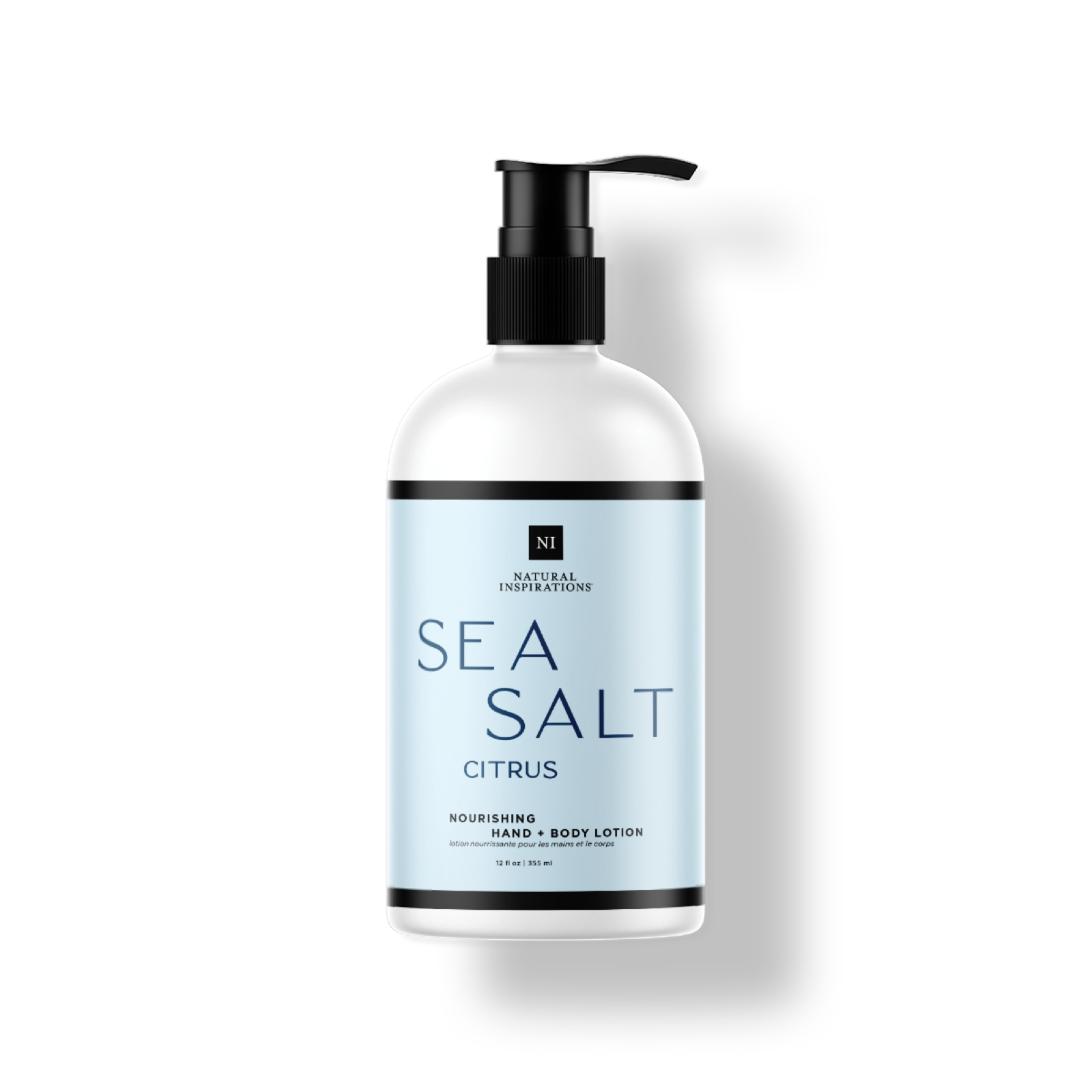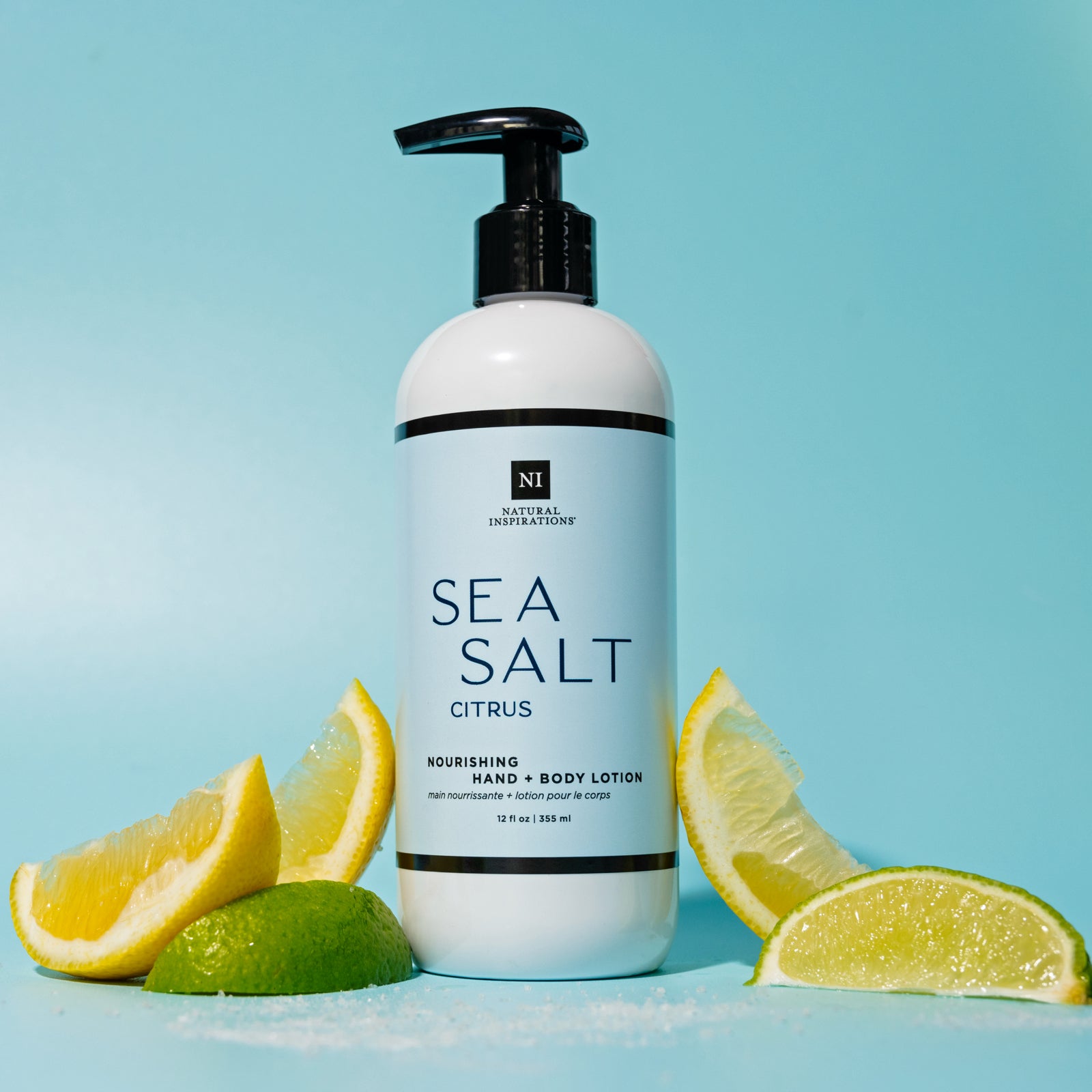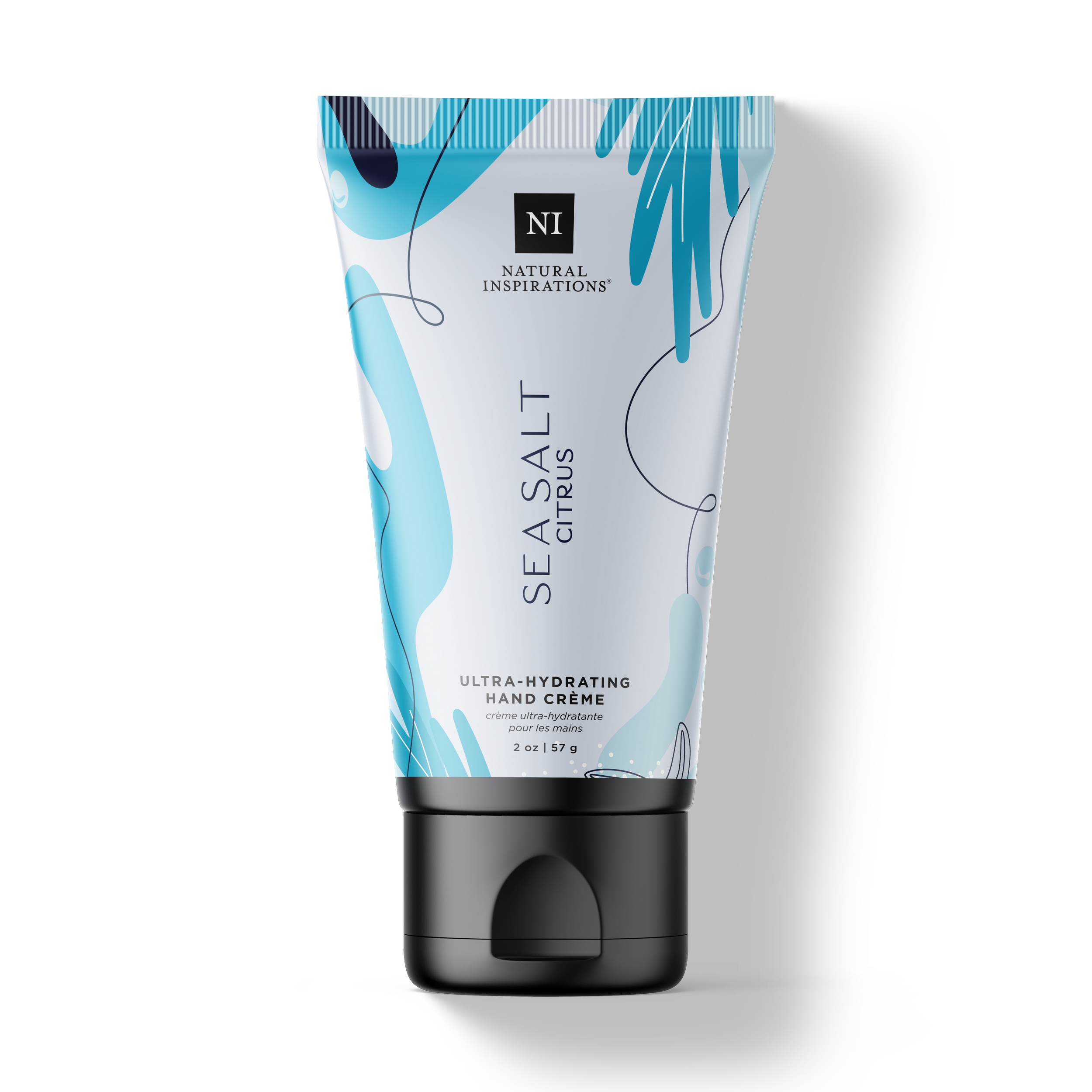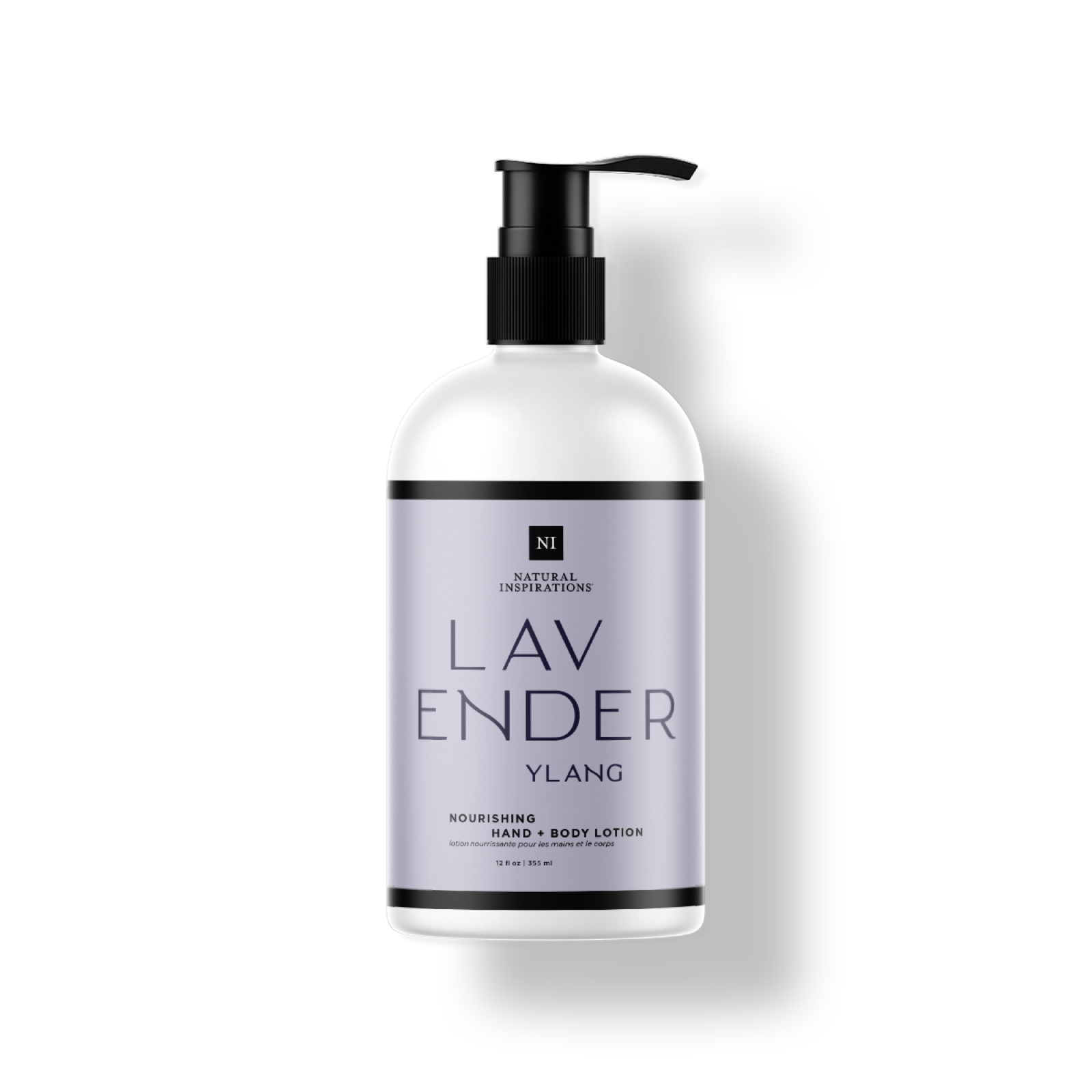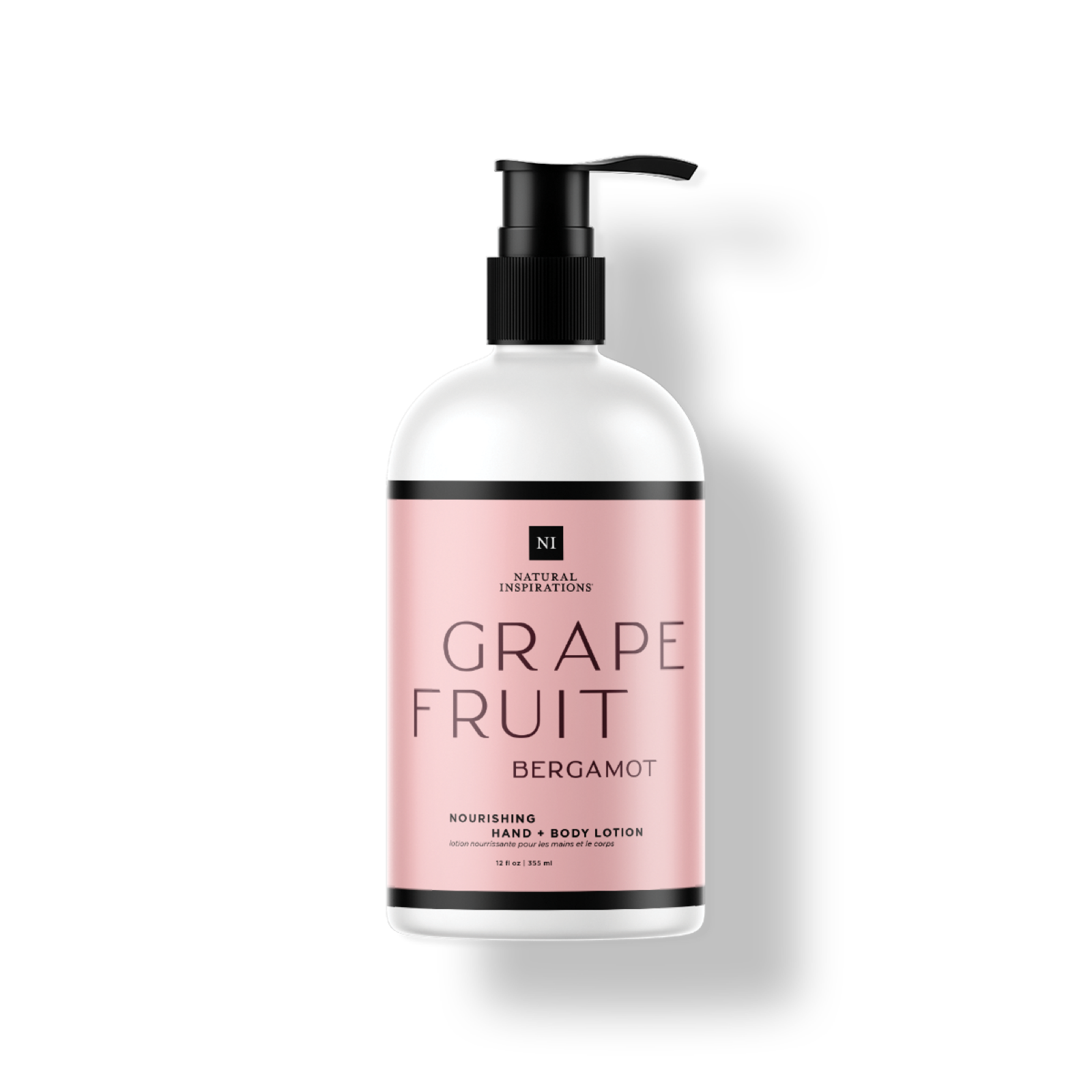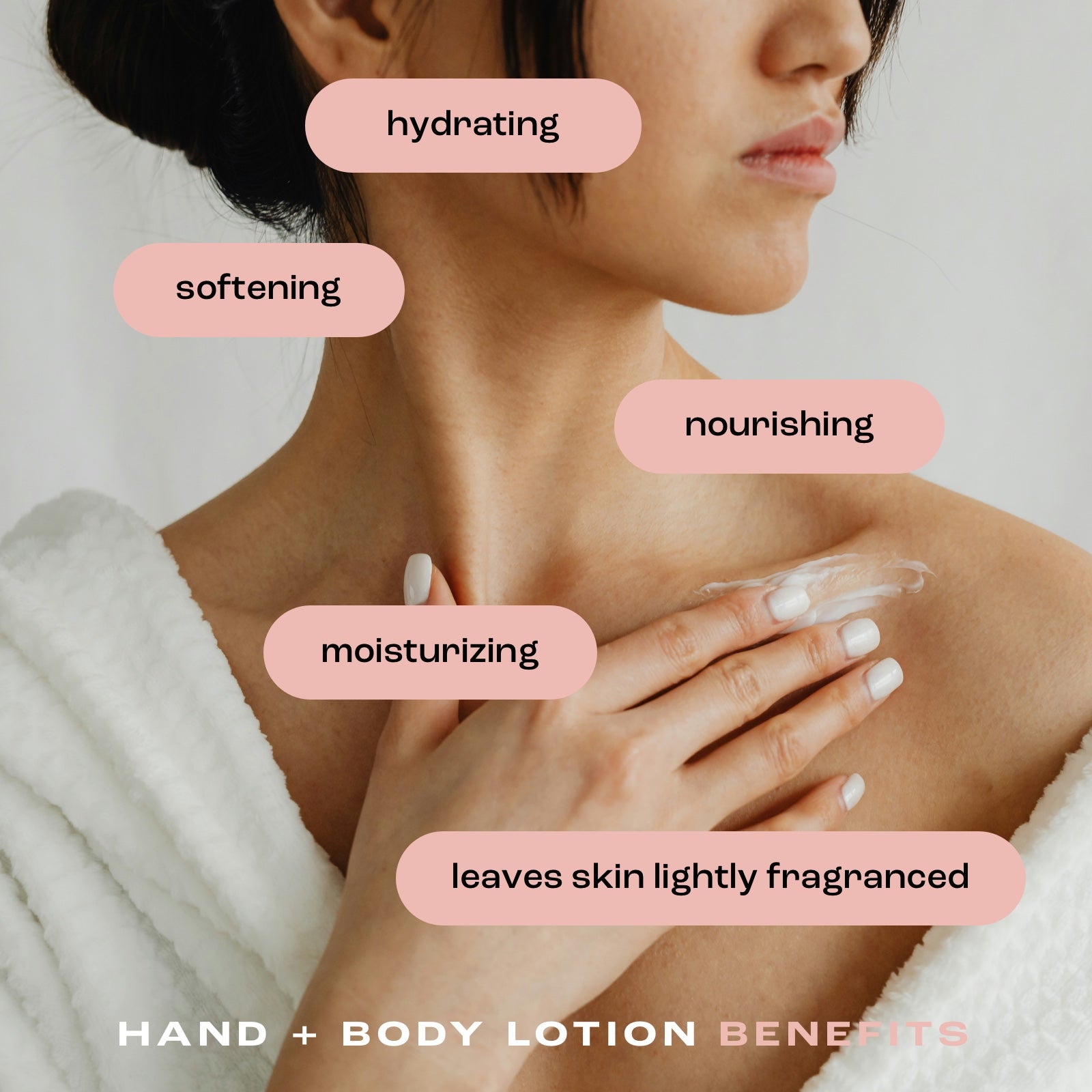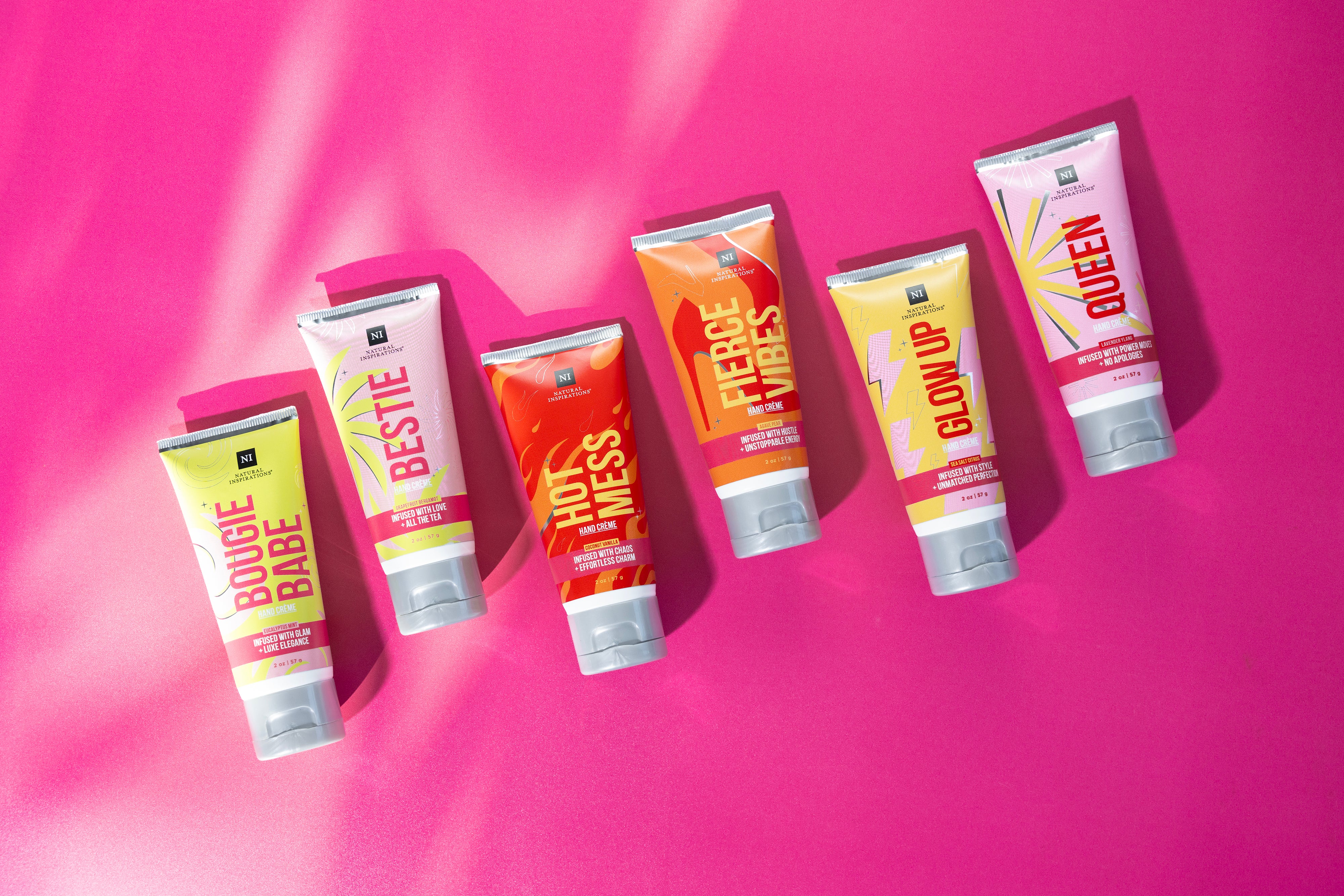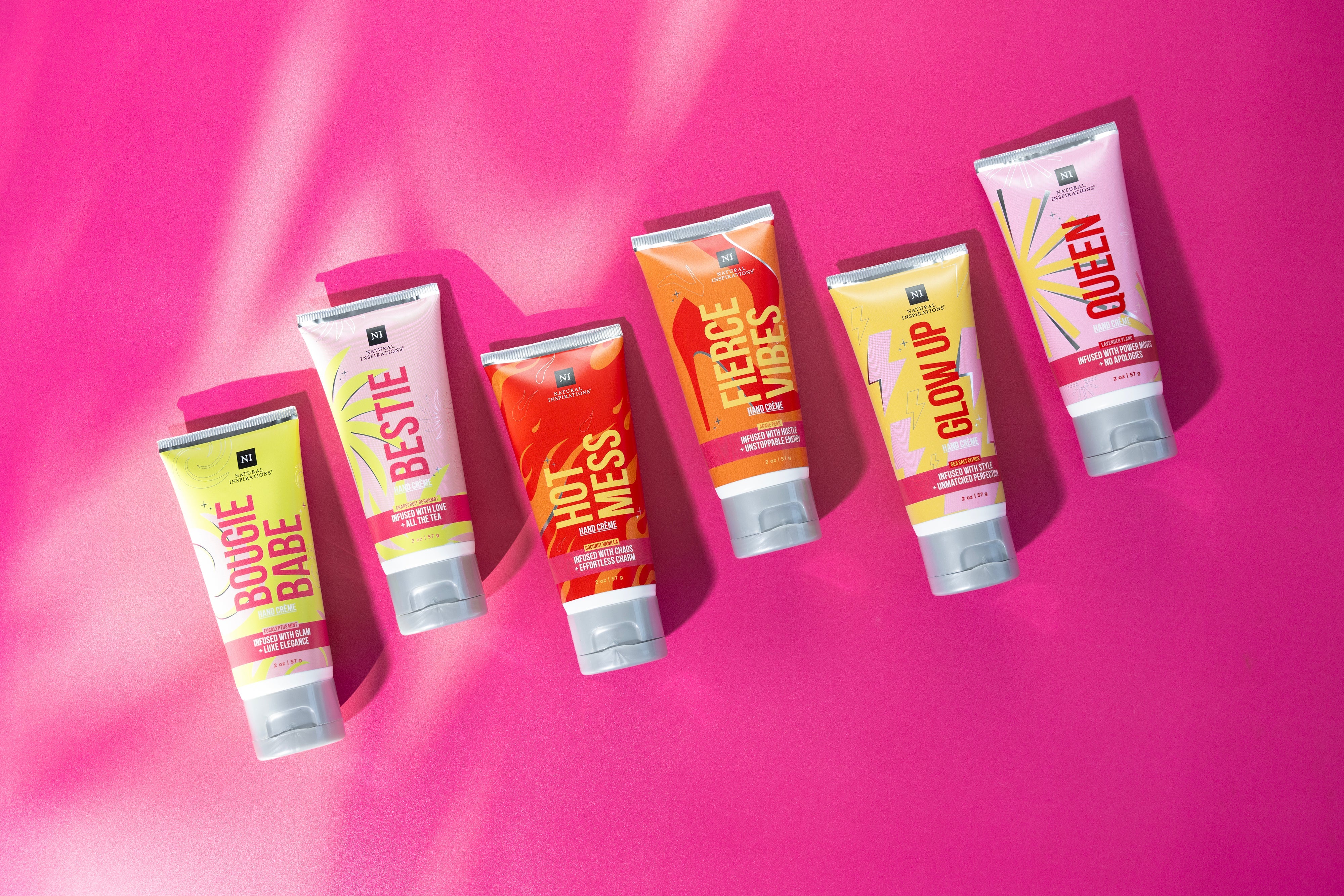Hand Sanitizer Facts You Need to Know
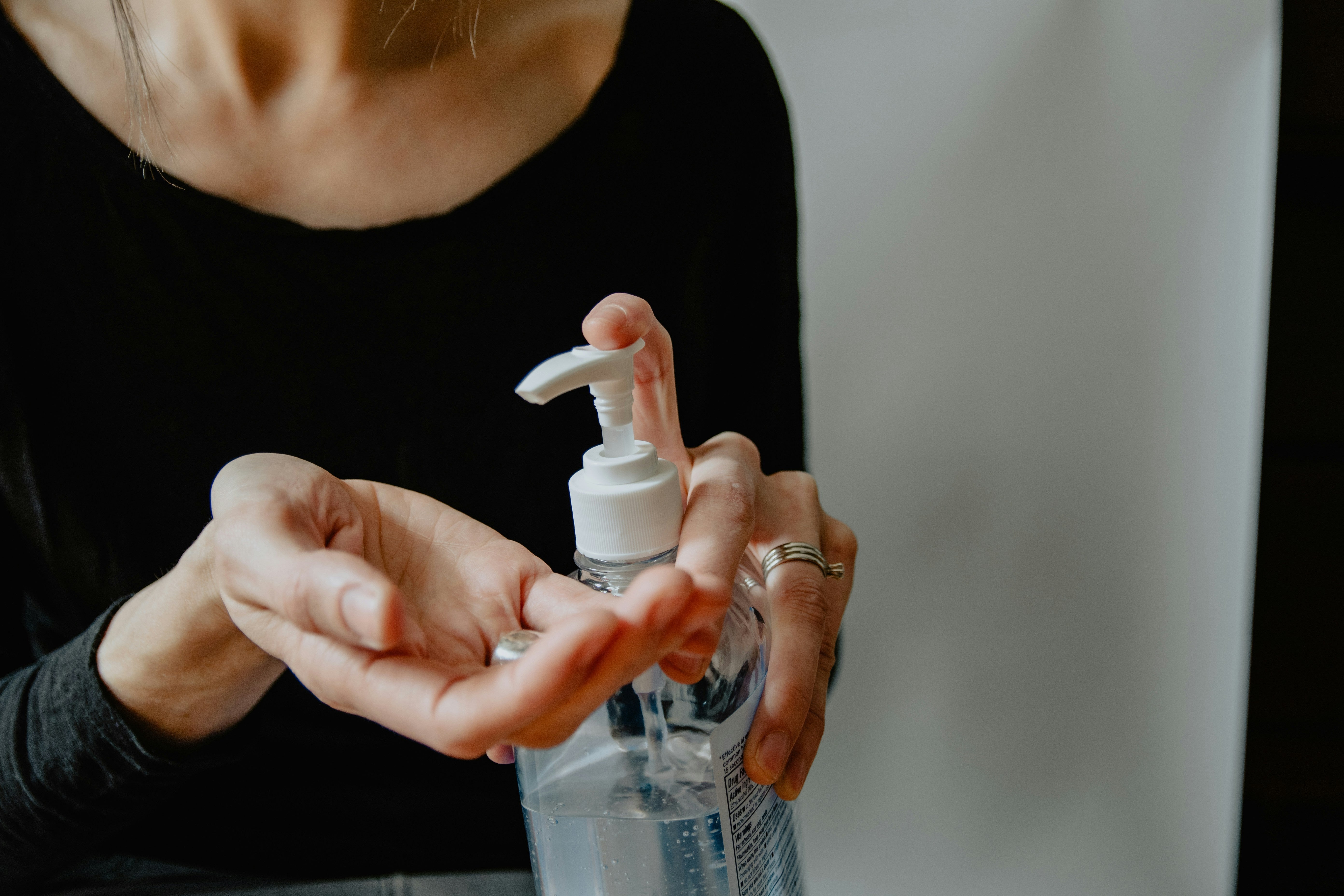
What are the different types of hand sanitizer?
There are two DIFFERENT types of Hand Sanitizer:
Alcohol-based – the CDC requires Hand Sanitizer to contain greater than 60% ethanol or 70% isopropanol alcohol. This level of alcohol kills most germs & many types of bacteria & viruses including coronavirus.
Alcohol-free – usually contains Benzalkonium Chloride, instead of alcohol. The CDC says these can reduce microbes but may not work as well for many types of germs; or may merely reduce the growth of germs rather than killing them. The CDC website last updated May 17 does not actively recommend alcohol-free hand sanitizers because “Benzalkonium chloride has less reliable activity against certain bacteria & viruses than either of the alcohols”.
How do Alcohol-Based Sanitizers Work?
Alcohol-based sanitizers attack and destroy the cell wall and membranes of bacteria cells; and the envelope protein that surrounds some viruses (including coronavirus). This protein is vital for a virus’s survival and multiplication.
BUT a hand sanitizer MUST be at least 60% alcohol to kill most viruses. More info is listed on the CDC website.
How do I Properly Use an Alcohol-Based Hand Sanitizer?
- Make sure hands are clean. Hand washing with soap + water is recommended.
- Put enough sanitizer on your hands to cover all surfaces.
- Rub your hands together until they feel dry (this should take around 20 seconds).
- Do NOT rinse or wipe off the hand sanitizer before its dry.
What's all the press about "Bad" Sanitizers with Methanol?
Methanol (also known as wood or methyl alcohol) is a type of alcohol that has been found in Hand Sanitizers imported from Mexico. It is mostly used to creat fuel, solvents, and antifreeze.
Methanol cannot be used in Hand Sanitizer because:
- It has not been approved by the FDA or recommended by the CDC or WHO because it has a weak ability to kill viruses when compared to other approved alcohols.
- Methanol can be toxic + cause bodily harm when it comes in contact with skin, is swallowed, or is inhaled. It breaks down to produce formaldehyde or formic acid in the body which may cause serious harm including skin irritation, blindness, brain damage + death. If someone experiences symptoms of methanol poisoning, it is important to seek medical attention immediately.
A FINAL NOTE
Using hand sanitizer frequently can make your hands very dry. Look for sanitizer that contain moisturizers to help combat dryness, including glycerin, aloe vera oil, aloe vera gel + Vitamin E.
Hand washing remains the most highly recommended method of warding off germs + viruses helping to prevent their transmission. Hand sanitizers with alcohol are an effective alternative, but only if used properly. That means rubbing the sanitizer on both hands completely + letting them dry.

